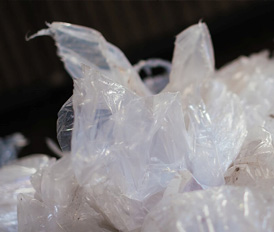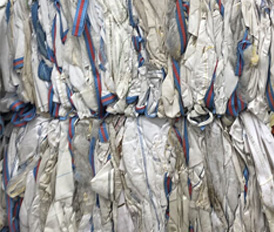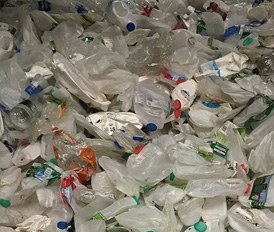Waste Export Ban Backed In Vote By MEPs | Exporting Plastic Waste
by George Kiernan
Pakire Polymers News
Export Of Plastic Waste
On Monday 16th January, Members of European Parliament (MEPs) voted to support a ban on the export of plastic waste from EU countries. The waste export ban passed the vote with an overwhelming majority of 594 votes in favour, with just 5 against and 43 abstentions.
The text that currently forms the basis for the ban states that ‘a well-functioning Union market for waste shipments should prioritise proximity, self-sufficiency and the use of the best available techniques in waste management.’ The proposed legislation will make it illegal to ship waste destined for disposal within the EU and to export waste outside of the EU.
Exporting Waste To Developing Countries
Developed countries have typically relied heavily on exporting waste to developing countries, which has led to many issues such as illegal waste dumping and burning. This new legislation aims to ‘protect the environment and human health’ by prohibiting the export of plastic waste to non-OECD (Organisation for Economic Co-operations and Development) countries and phasing out the export of plastic waste to OECD countries over four years.
Uncontrolled trading of plastic waste has increased over the last decade, causing a number of environmental and public health issues. The proposed ban will tighten the rules around the movement of waste, as well as empower the relevant bodies to monitor the movement of these materials much more closely.
Plastic Waste In Europe
Plastic Waste in Europe has been a growing problem; in 2020, the EU exported over 32 million tonnes of waste to non-EU countries, with a further 67 million tonnes being shipped between EU nations. These alarming statistics are why the European Commission proposed reforming EU waste shipment laws in November 2021.
Currently, the implementation of the ban is looking likely; many have come out in support of the ban, saying it is unethical for developed world to dump its waste on the developing world. They also say that such an export ban to keep European plastic waste in Europe is an important part of reaching the EU’s objectives for a circular and zero-pollution economy.
Despite this, criticism of, and opposition to, the ban has been mounting. For example, the European Recycling Industries’ Confederation (EuRIC) warned against waste export bans back in 2021. They said, ‘They [bans] will result in massive green job cuts and put a lasting brake on the growth of one of the most dynamic industries in Europe, for no environmental gains.
‘Worse still, with unhampered imports of extracted raw materials in Europe, the competitiveness of RMR [raw materials from recycling] will drop and thus the incentive to properly collect, recycle, and invest, will be lost, putting at risk the ability to achieve present recycling targets set by legislation.’
Pakire Polymers
At Pakire Polymers, we are of course behind the notion of eliminating illegal and harmful waste exporting practices. We also believe that Europe should be able to sustainably handle all of the waste it produces itself, without relying on the developing world.
However, introducing arbitrary waste export bans before the necessary recycling infrastructure within Europe is in place would likely do more harm than good. As it stands, the European recycling industry does not have the capacity to recycle all the waste produced within Europe.
If the European Parliament wants to put a stop to these kinds of waste exports, the way to do it is by investing in European recycling infrastructure and legislating to make the recyclability of products and packaging a priority for manufacturers.
If products and packaging were designed with recyclability in mind, and if there was investment in the European recycling industry, then exporting waste to non-OECD and non-EU countries would not be necessary in the first place. Making recycling within the EU the easiest and most cost-effective method of waste disposal is how we stop the problem of illegal and unethical waste exporting.
Share article on your social media
More related articles
Work with Us
If you have a passion for recycling and for achieving a sustainable future, then we want to hear from you.





